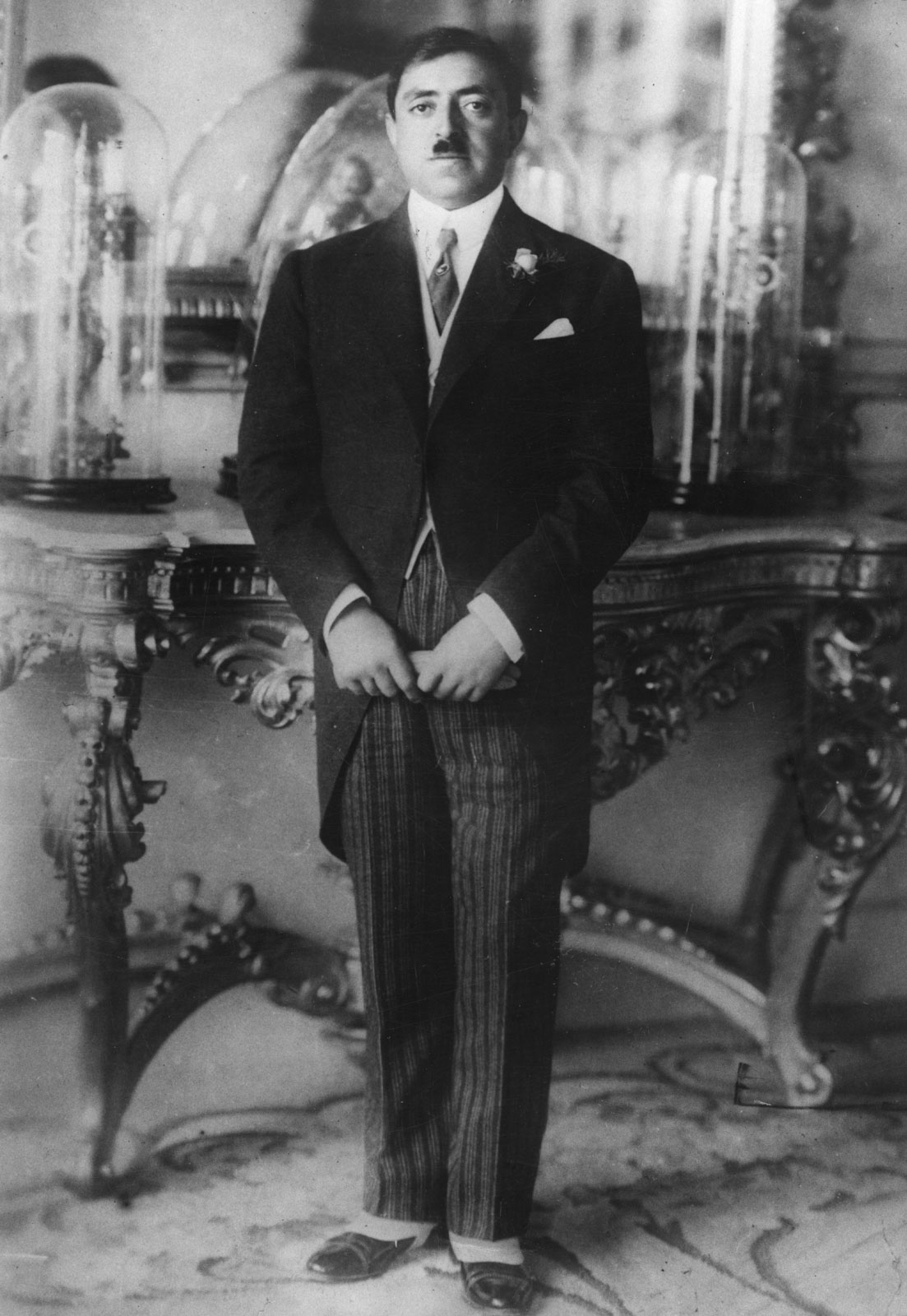
Westernization
Westernization (or Westernisation, see spelling differences), also Europeanisation or occidentalization (from the Occident), is a process whereby societies come under or adopt what is considered to be Western culture, in areas such as industry, technology, science, education, politics, economics, lifestyle, law, norms, mores, customs, traditions, values, mentality, perceptions, diet, clothing, language, writing system, religion, and philosophy. During colonialism it often involved the spread of Christianity.[1]
This article is about the influence of Western culture. For the eye surgery, see Epicanthoplasty.
Westernization has been a growing influence across the world in the last few centuries, with some thinkers assuming Westernization to be the equivalent of modernization,[2] a way of thought that is often debated. The overall process of Westernization is often two-sided in that Western influences and interests themselves are joined with parts of the affected society, at minimum, to become a more Westernized society, with the putative goal of attaining a Western life or some aspects of it, while Western societies are themselves affected by this process and interaction with non-Western groups.
Westernization traces its roots back to Ancient Greece. Later, the Roman Empire took on the first process of Westernization as it was heavily influenced by Greece and created a new culture based on the principles and values of the Ancient Greek society. The Romans emerged with a culture that grew into a new Western identity based on the Greco-Roman society.
Westernization can also be compared to acculturation and enculturation. Acculturation is "the process of cultural and psychological change that takes place as a result of contact between cultural groups and their individual members."[3] After contact, changes in cultural patterns are evident within one or both cultures. Specific to Westernization and the non-Western culture, foreign societies tend to adopt changes in their social systems relative to Western ideology, lifestyle, and physical appearance, along with numerous other aspects, and shifts in culture patterns can be seen to take root as a community becomes acculturated to Western customs and characteristics – in other words, Westernized.
The phenomenon of Westernization does not follow any one specific pattern across societies as the degree of adaption and fusion with Western customs will occur at varying magnitudes within different communities.[4] Specifically, the extent to which domination, destruction, resistance, survival, adaptation, or modification affect a native culture may differ following inter-ethnic contact.[5]
The following countries or regions experienced a significant influence by the process of Westernization:
Views[edit]
Kishore Mahbubani[edit]
Kishore Mahbubani's book entitled The Great Convergence: Asia, the West, and the Logic of One World (Public Affairs), is very optimistic. It proposes that a new global civilization is being created. The majority of non-Western countries admire and adhere to Western living standards. It says this newly emerging global order has to be ruled through new policies and attitudes. He argues that policymakers all over the world must change their preconceptions and accept that we live in one world. The national interests must be balanced with global interests and the power must be shared. Mahbubani urges that only through these actions can we create a world that converges benignly.
Samuel P. Huntington posits a conflict between "the West and the Rest" and offers three forms of general action that non-Western civilizations can react toward Western countries.[23]